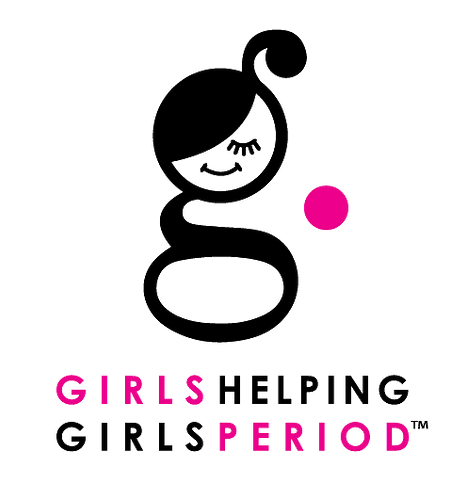Recently I asked a school nurse, “Why are pads and tampons kept in your office, and not the bathrooms, where they are needed?” The answer won’t surprise you, and I’ll bet it’s the same answer most of you would get if you walked into a local school. Still the response is alarming. The nurse, someone I know cares about student health and success, said, “I don’t know actually. We’ve just always done it this way.”

Obviously, the nurse never meant to withhold a needed resource from students. It’s just that they, and other staff and administrators, never gave the issue much thought.
Leadership coaches are quick to school managers about never tolerating the phrase “we’ve just always done it this way,” which has been called, quite famously, “the most dangerous phrase in the language.” And yet, we are fine with it guiding the distribution of THE MOST BASIC ESSENTIALS our students need to manage?
“We’ve just always done it this way,” in this case, makes total sense. As more and more students advocate for free menstrual products in bathrooms, many school leaders, who must balance expansive budgets, often don’t think to add line items when advocates are not vocal about missing resources. So, while budgeting for pads and tampons might ultimately come down to money, the first priority is for students, families and anyone concerned with equity in education to SPEAK UP.
Change will not come if those in power are not even aware there is a problem. Take the case of Frank Sanchez, principal at Columbia High School in Maplewood, NJ. Sanchez is an advocate for students’ menstrual health, now that he is aware of issues that weren’t apparent to him when he first took his current position.
“When I came to CHS, one of the first meetings I held was with the Youth Coalition and they complained that not every stall had feminine disposal bins, so that was one of the first things we did. And we added one to every boys bathroom too for our trans students. This year one of the vice principals met with some students and they then looked at a company to bring in dispensers to the bathrooms. We now have four dispensers that provide free products.” Sanchez says, at his previous school, when he became aware of the problem, he put an immediate end to the practice of students having to pay for the products in the bathroom, especially since free products were in the budget.
Should the school nurse know that menstrual products should be readily available in the bathroom? Absolutely YES.
Should administrators make sure the items are in the budget and ensure that supplies are actually available? Again, YES.
But we know systems do not always run perfectly, and awareness of a problem is the first step in solving it. Quite simply, if a school administrator has never visited the girls’ bathroom, we should not assume he knows tampons and pads are absent.

At Girls Helping Girls. Period. we get notes every day like this one from a school nurse. Nurses are fantastic advocates for students. But I humbly suggest these nurses are going about this process all wrong. Why reach out to a non-profit, located somewhere else in the country, to send basic, needed bathroom supplies? They don’t look for donations of toilet paper, I assume. Why not spend the advocacy energy engaging with supervisors and the school board on behalf of students? Why not explain that for as little as $5/student/year products can be made available, in the bathrooms, where they are most needed to help students deal with a natural function (not an illness) and get back to class?
I am not naive about school budgets being tight, especially in underfunded districts, where I visit schools frequently. But even if the budget is woefully inadequate, not providing any support at all to half of the student population in this most basic way sends a very powerful message that their education is not as valuable as their non-menstruating peers. And I just don’t believe that is the intent of most educators.
This may seem counterintuitive but pads and tampons are as essential to personal care and health as soap, paper towels and toilet paper. And we all should STOP DONATING PRODUCTS TO SCHOOLS. If we want to do what’s best for students, reach out to administrators and demand menstrual products be provided in the same way toilet paper is: through the budget, and in the bathroom. Our collective and individual energy is much better focused on making systemic change that will sustain all students, than putting a band-aid on the problem. (Nurse pun intended.)

